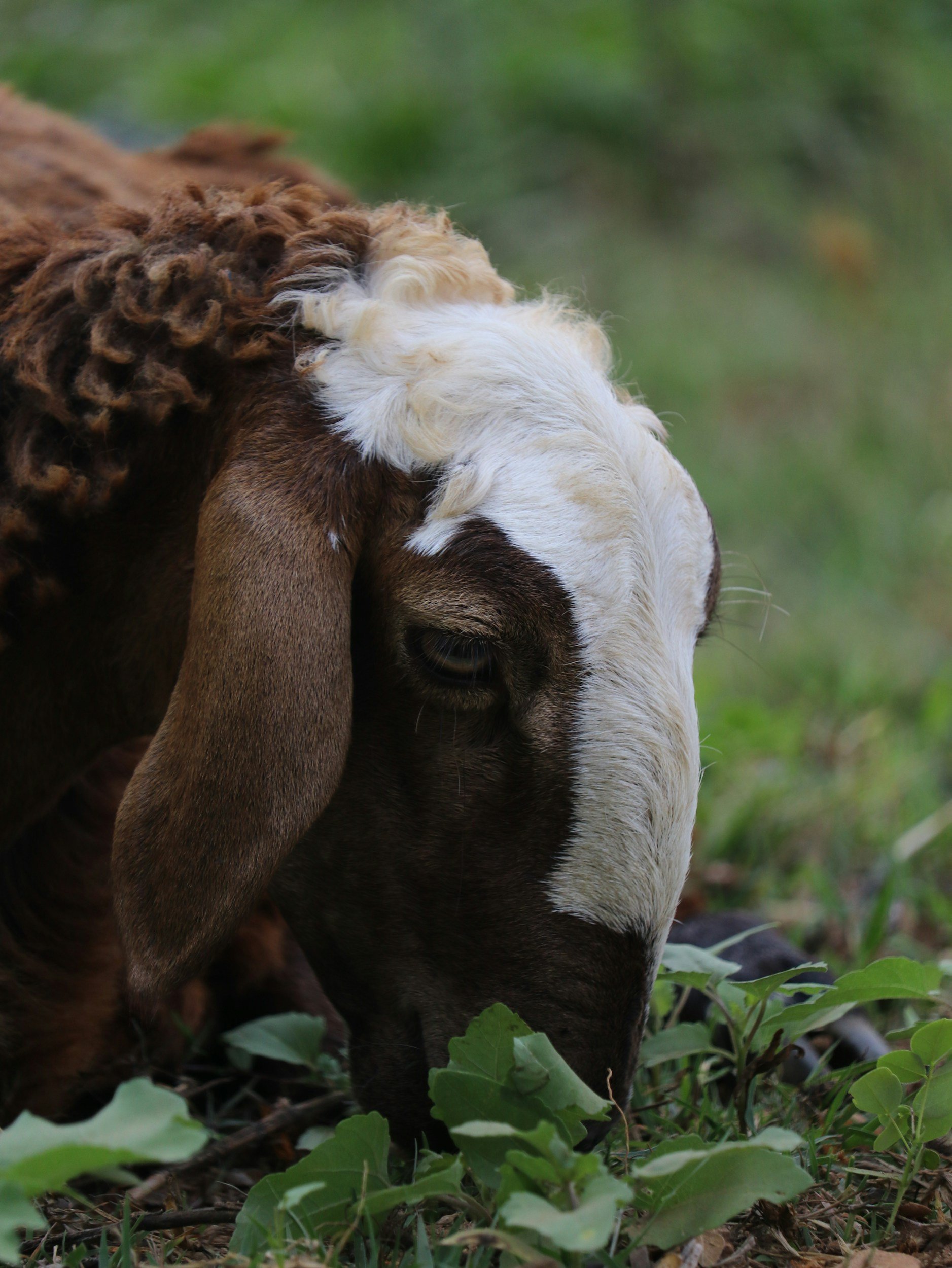The Origin of Day and Night (An Igbo Folklore)
Listen to this story 👇🏾
Once upon a time, when the world was still young, in this timeless world, people lived and slept as they pleased, for there was no day or night to mark the passage of time. In a peaceful village, there lived a wealthy widow named Abali. Despite her riches, Abali was unhappy. She had everything she could desire, land, livestock, and servants, but she lacked the one thing she longed for most: a child. Her husband had passed away many years before, leaving her alone in their large compound. Though she was a kind and generous woman who shared her wealth with the villagers, the absence of a child left a void in her heart.
One day, one of her trusted servants suggested that she seek the help of a powerful dibia, a native doctor known for his connection to the spirit world. Desperate and with nothing to lose, Abali followed the advice and visited the dibia, who lived in a secluded part of the forest.
The dibia, an old man with eyes marked with white chalk, which showed that he could see beyond the physical world, listened to Abali’s plea. After performing the necessary sacrifices and incantations, he spoke in a low, melodic voice, “Abali, your desire for a child will take you to the land of Ekwensu, the trickster god. In his land, you will find many children—handsome, beautiful, ugly, and even those with special abilities. But be warned, you must choose wisely.”
The dibia continued, his voice now trembling with urgency, “When you reach the land of Ekwensu, you must wait until you hear the sound of soft bells ringing. Only then should you enter. If you hear the sound of drums, you must never step foot inside, for it is a sign of great danger.”
Armed with this knowledge, Abali set off on her journey to the land of Ekwensu. She traveled for many moons, crossing rivers and forests, until she reached the border of Ekwensu’s realm. For days, she waited, listening intently. The sound of drums echoed in the distance, a deep, rhythmic beat that warned her to stay away. But Abali was patient, and after what felt like an eternity, the drumming ceased, replaced by the soft, tinkling sound of bells.
With a deep breath, Abali entered the land of Ekwensu. The world around her shimmered with an eerie light, and before her stood Ekwensu himself, a figure of unsettling beauty and charm. He welcomed her with a smile that didn’t quite reach his eyes.
“You seek a child, Abali,” Ekwensu said, his voice smooth and enticing. “All the good children have gone on an errand, but there is one child left, a handsome boy standing over there.” He pointed to a corner where a young boy stood, his eyes glowing with mischief. “But be warned, this boy is full of cunning and bloodlust. He possesses great magical powers and is not to be trusted.”
Abali hesitated. The boy was indeed handsome, but the warning weighed heavily on her mind. Yet, the thought of returning home empty-handed, or waiting many more moons for the next chance, filled her with dread. In the end, her desire for a child overcame her caution. She chose the boy, and Ekwensu handed him over with a knowing smile.
Abali returned to her village, overjoyed with her new son. She named him Obieze, and he grew quickly, becoming strong and even more handsome with each passing day. But as the dibia had warned, Obieze’s true nature soon began to reveal itself. His bloodlust emerged, starting with the beheading of his mother’s chickens, then her goats, and finally, her cattle. No matter how much Abali tried to contain him, his appetite for blood only grew.
Soon, Obieze turned his wrath on the servants, and then the villagers. With each life he took, his powers grew stronger, and the once-peaceful village was plunged into fear and despair. Abali, heartbroken and powerless to stop him, became his final victim.
There was, however, one person in the village who did not fear Obieze—Amosu, the old witch who lived on the outskirts, a woman known for her own powerful magic. She knew that Obieze would eventually come for her, and she prepared for the inevitable confrontation.
When Obieze finally arrived, his machete dripping with blood, Amosu the old witch was ready. As he charged towards her, she threw a charm on the ground, and suddenly, darkness fell over the land. Obieze, though powerful, was momentarily blinded. But he was not without his own tricks. With a wave of his hand, he summoned a charm of his own, restoring the light.
For days, the two battled, each throwing their charms to bring light and darkness in turn. The village was caught in the middle, with day and night alternating in quick succession. The struggle continued until the seventh day when, exhausted and desperate, both Amosu and Obieze threw their charms at the same time. The resulting explosion shook the earth, and the charms’ power became permanently embedded in the world.
The light and darkness separated, creating the first true day and night. Obieze, overwhelmed by the force of the explosion, vanished, never to be seen again. Amosu the old witch, transformed by the magic, became a cricket, doomed to cry out only in the night, her voice a reminder of the battle that created the cycle of day and night.
And so, from that day on, the world knew day and night, each arriving in turn, with none able to stop their eternal dance. And in the silence of the night, the cricket’s cry serves as a reminder of the power of magic and the consequences of unchecked desire.
The End.
Lessons to Learn
The Danger of Unchecked Desire: Abali’s deep longing for a child led her to make a hasty decision, ignoring the warnings given to her. The story teaches that unchecked desire can lead to unintended and disastrous consequences.
The Dual Nature of Existence: The battle between light and darkness symbolizes the balance between opposing forces in the world. The creation of day and night reminds us that balance is necessary for the harmony of life.
The Power of Caution and Patience: Abali’s initial patience served her well, but in the end, her impatience led to her downfall. The tale highlights the importance of caution and patience in making decisions.
The Consequences of Ignoring Warnings: Both Abali and Obieze ignored the warnings given to them, leading to their demise. This story underscores the importance of heeding wise counsel and recognizing the signs that may guide us away from danger.
The Cycle of Life: The creation of day and night reflects the natural cycles that govern life. It serves as a reminder that all things in life are interconnected, and disrupting these cycles can lead to unforeseen consequences.
This Igbo myth of how day and night began is a rich tale of desire, caution, and the eternal balance of life. It offers lessons that resonate across generations.
What other lessons can you point out from this story? Let us know in the comment section below.























